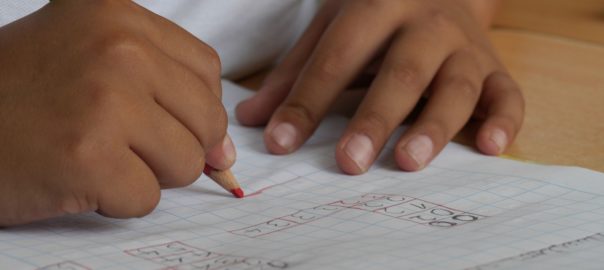
Gaming and computer usage is probably the hottest topic in parenting. I have said much about it and share some articles here, but there is nothing like the horse’s mouth. This mom of an 18 yr. old son and two teen daughters, commented on my Facebook Group so eloquently that I asked her if she would write more about her experience. Below is just that. I couldn’t have said it better, so I share it with you:
My son is now 18 and we had a talk recently about gaming and Fortnite specifically as we seem inundated with commentary around parent’s frustrations and concerns about the amount of time their kids are spending playing this game. It was a fascinating chat as we have some perspective now and can reflect on what worked and equally importantly what did not work well managing his love of gaming growing up.
Looking back, my seminal moment came when he was 16 and wanted to use his own money to build a PC for gaming. He is now able to reflect on how we
















